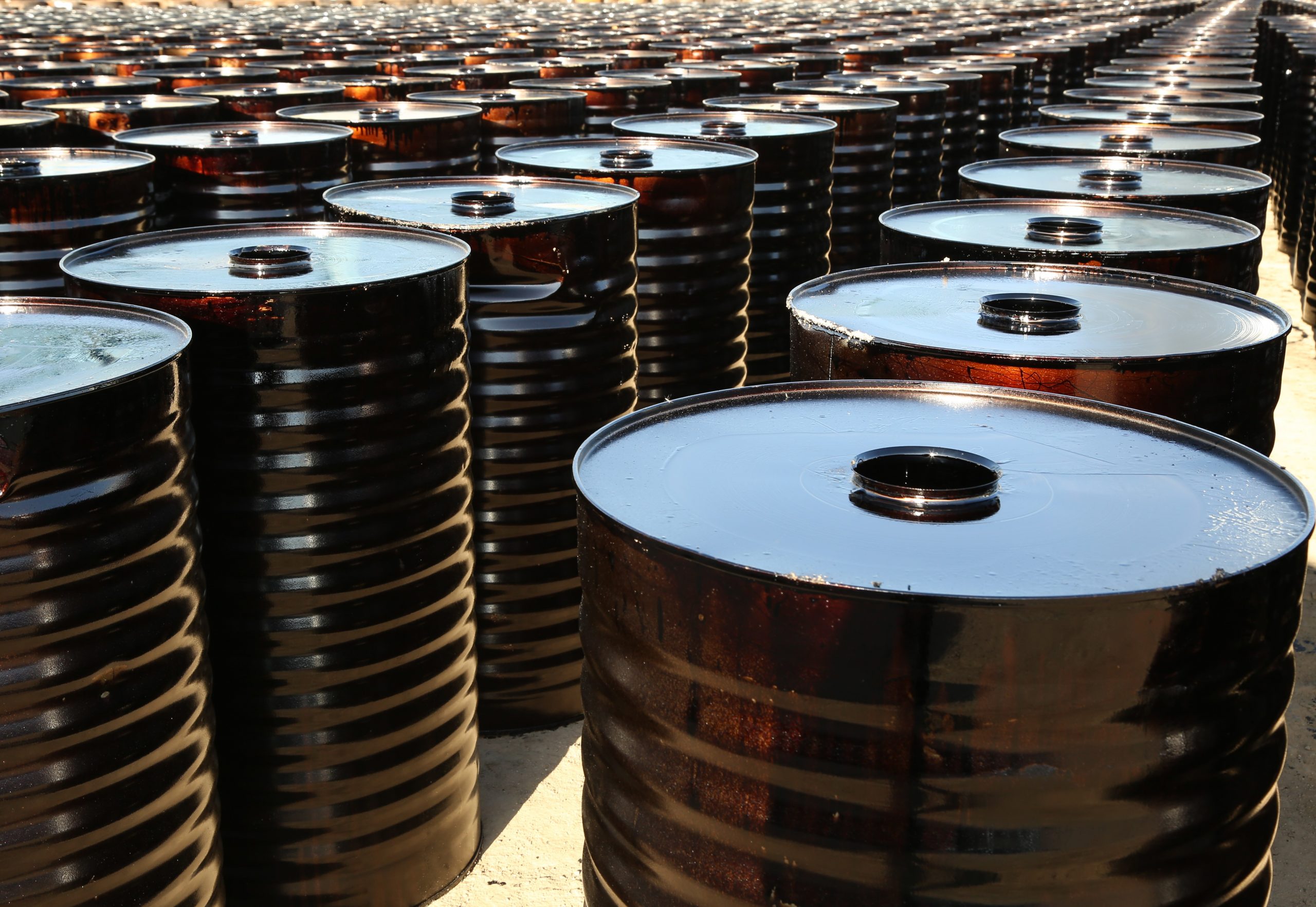- Home
- About us
- Products
- Bitumen Grades
- Specifications
- Bitumen 10/20 Specifications
- Bitumen 20/30 specifications
- Bitumen 30/40 specifications
- Bitumen 40/50 specifications
- Bitumen 50/70 specifications
- Bitumen 60/70 specifications
- Bitumen 60/90 specifications
- Bitumen 80/100 Specifications
- Bitumen 85/100 Specifications
- Bitumen 100/120 Specifications
- Bitumen 120/150 specifications
- Bitumen 150/200 Specifications
- Bitumen 200/300 Specifications
- Bitumen VG 10 specifications
- Bitumen VG 20 specifications
- Bitumen VG 30 specifications
- Bitumen VG 40 specifications
- Analysis Record of Vacuum Bottom Properties
- Oxidized Bitumen
- Cutback Bitumen
- Bitumen Emulsion
- Polymer Modified Bitumen (PMB)
- Penetration Value of Bitumen
- Bitumen Viscosity Grade (VG)
- Application of Performance Grade (PG) Bitumen
- Services
- Why choose us?
- Gallery
- News
- Certificate
- Contact Us
- catalogue

Viscosity grade bitumen is a petroleum grade bitumen derived from crude oil. This grade of bitumen is tested and classified differently from other types of bitumen. After production, refiners test the VGs by a viscometer to classify them according to their level of viscosity in various temperatures.
The viscosity test results in four VG grades of bitumen including VG10 Bitumen, VG20 Bitumen, VG30 Bitumen, and VG40 Bitumen. The higher the number, the harder the bitumen in the viscosity grading system.
In comparison to penetration grade bitumen, VG bitumen grades are more reliable and easier to handle (both mixing and compaction) and their resistance to temperature changes is more predictable.
Two main factors that help us decide are traffic conditions and climate. For example, VG10 bitumen suits repairing and spraying applications, but VG30 is recommended for road construction where extra heavy traffic is expected.
Each grade of viscosity bitumen has certain applications and performs differently in various temperatures. VG 10, for instance, is widely used in spraying applications and surface coating. As viscosity grades have various properties, it is vital to check their viscosity level, penetration value, and other specifications.









